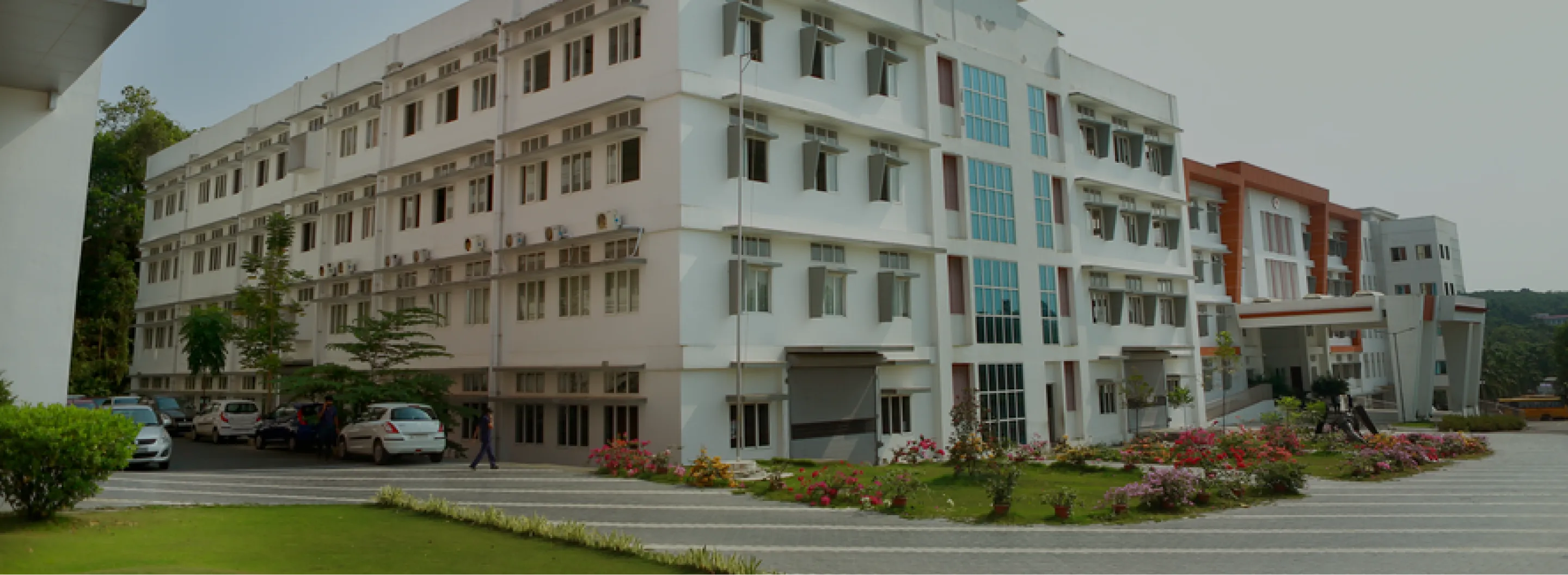
B.Tech in Computer Science And Engineering (Artificial Intelligence) is an under graduate programme offered by the department of AI & DS. The programme imparts knowledge on the basic principles of AI. The programme will foster students’ ability to apply the AI models and techniques to develop software solutions for complex real world intelligence applications. Artificial intelligence is all about making machines capable of human-like decision-making and acting. As the world is getting automated with various upcoming paradigms like Big data, Robotics, Internet of Things etc., bringing up artificial intelligence becomes inevitable. Autonomous devices, like robots, use machine learning approaches to combine algorithms with experiences. AI is set to disrupt practically every industry imaginable. Aim of the programme is to equip the students with the knowledge on foundational principles, algorithms and learning techniques in the field of AI. In future, students will be able to handle machine learning and automation tasks, which have wide application in the industry in terms of mechanical systems and data science.
.jpg)
.jpg)
.jpg)
.jpg)
.jpg)
.jpg)
.jpg)
.jpg)
To be a center of excellence in learning, research and technology development in the field of Artificial Intelligence and Data science with a strong sense of social responsibility.
Ready to Take the Next Step in Your Career? Apply Now and Join Our Prestigious Program
apply now